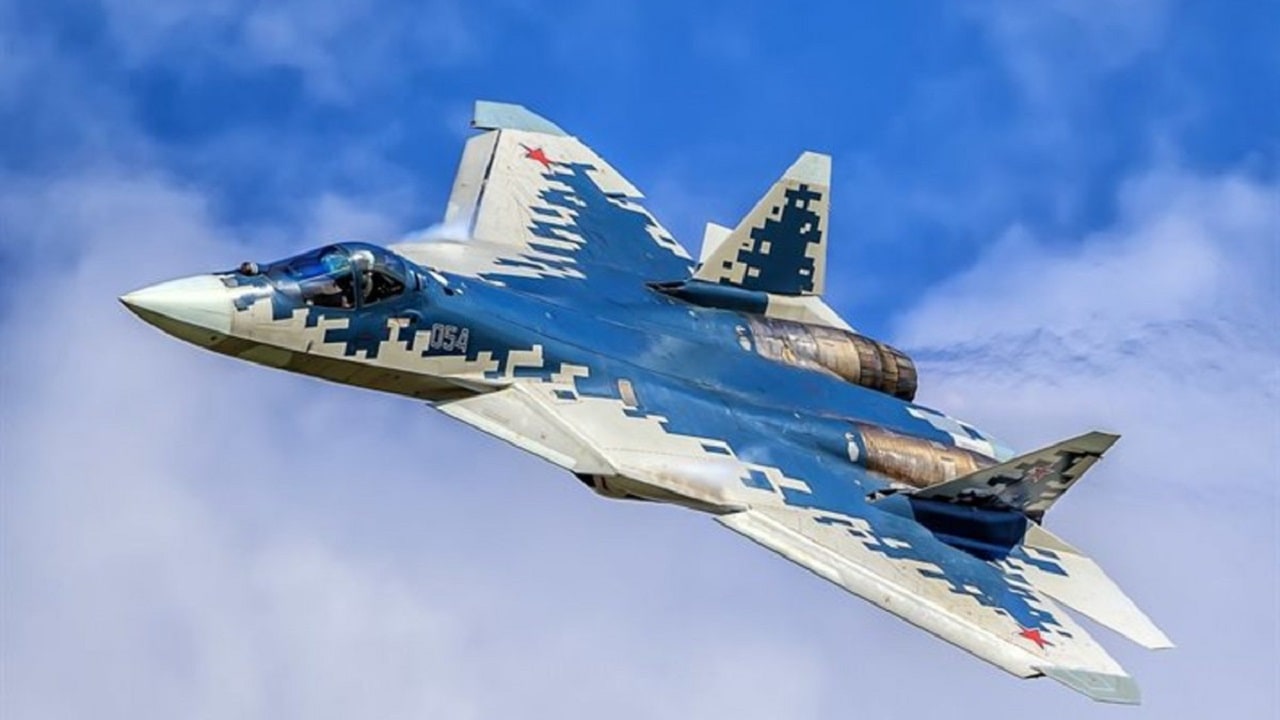The Ukraine War is Accelerating Russia’s Decline toward Middle Power Status – Three weeks into the Ukraine war, the most remarkable strategic observation – even more than Ukrainian heroism – is Russia’s terrible battlefield performance. This has surprised, even shocked, most analysts. Everyone, including Russian President Vladimir Putin, expected greater Russian success by this point. Our working assumption was that Russia is a great power able to deploy decisive conventional force, at minimum, in its own neighborhood. Now there are rumors that Russia is asking for Chinese military assistance and recruiting Middle East mercenaries to fight in Ukraine.
This is pretty obviously not the performance one would expect from a great power. If Russia cannot sustain a mid-sized kinetic contingency on its own border for more than three weeks without help, then Russia is in serious trouble. It might even be correct to finally stop calling Russia a great power – its GDP has been too small for that appellation for while – and admit that it has fallen out of that ranking.
Losing in Ukraine
Moscow’s traditional claim to great power status is obvious: Russia has a large landmass and a reasonably large, educated population. It has a large defense industrial base left over from the Soviet period, and thousands of nuclear weapons from the old USSR too. For the last decade, the Kremlin has embarked on a much-touted military modernization. The new, post-Soviet military was to be leaner, faster, more precise, and more technological than the bloated Red Army of yore. It would not need to engage in indiscriminate fires as it did in Chechnya to win.
Smaller Russian campaigns hinted at this potent new force – defeating Georgia in 2008, snatching the Crimea in 2014, and helping Syrian dictator Bashar al-Assad over the last decade. But the Ukraine invasion is the first major operation of this new Russian military against a substantial opponent. Amazingly, it now seems possible, that Ukraine, if it can hold out a few more weeks, may actually win the war by permanently stalemating the Russian army as its economy collapses back home under sanctions.
The reasons are many – corruption in procurement, low morale among soldiers who were not informed they would be fighting a war, war planning with highly optimistic assumptions that Ukraine would quickly capitulate, and Putin’s cronyistic inner circle unwilling to push back on his delusions about the war. But critically, without a battlefield victory in Ukraine, Russia’s claim to great power status will increasingly hang solely on its possession of many nuclear weapons.
The Ukraine War is Accelerating Russian Decline
Russia is rich in human capital and natural resources. Unfortunately, those capacities have long been poorly developed by a series of corrupt, autocratic strongmen and elites. Putin fits into a long tradition of Russian misgovernment, extending back through cronyistic and ideological Soviet dysfunction to the abuses and nepotism of the czarist regime.
Putin was supposed to shake this off. He replaced the dithering, confused leadership of President Boris Yeltsin in the 1990s. He promised strength and rule of law. And for a few years in the early 2000s, this appeared to be the case. He stemmed Russia’s post-Soviet slide.
But in time he fell into the bad habits of strongmen everywhere. He refused to leave power. He cracked down on dissent, stripping away the value of openness and transparency for clean, functional government. He tolerated and encouraged cronyism and corruption to tie critical elites to himself. He broke the independent oligarchs and ‘new Russians’ of the 1990s and replaced them with state-dependent client-elites who needed access to Putin to maintain their riches. Even Soviet rulers faced collective leadership in the Politburo. Putin does not.
The result of political misgovernance has been a slow but steady economic slide. Russia’s economy is now smaller than South Korea’s, and it will contract this year because of the tough new sanctions. Its population growth is stagnant. Its corruption score is similar to third-world states. Its economy is resource export-dependent. It mostly sells natural resources, despite pretensions to global political importance.
Raw military power has long been Russia’s traditional compensation for these economic problems. German Chancellor Helmut Schmidt once called the USSR ‘Upper Volta with missiles’ to capture that compensation. Per Schmidt, the Soviet Union may have had a stagnant economy, but its sheer military capability guaranteed it a place at the top table of international politics. Putin has often talked this way, belligerently insisting that Russia is a great power that cannot be pushed around.
The irony is that Putin’s invasion of Ukraine is revealing that even Russia’s military strength – its last claim to great power respect and status – is weak. Post-Ukraine, more countries than ever – especially China – will ask if Russia is just a medium power masquerading under Putin’s bravado. Putin’s response will likely be to lean into Russia’s nuclear arsenal even more to cling to relevance.
This questioning of Russia’s capabilities also means Putin will likely escalate a lot in Ukraine before negotiating. Putin has painted himself into a corner. He must win – to demonstrate to his own people, the West, and the Chinese that Russia is the great power he says it is.
The irony of course is that the war is undercutting that claim every day. We can see that Russia can not defeat a mid-size power on its border; that its economy will contract soon; that Putin is desperately calling for help after just a few weeks. The war, intended to show Russia is a great power, is actually knocking it into the ranks of the middle powers.
Robert Kelly is a professor in the Department of Political Science at Pusan National University in South Korea and a 1945 Contributing Editor. Follow his work on his website or at Twitter.

